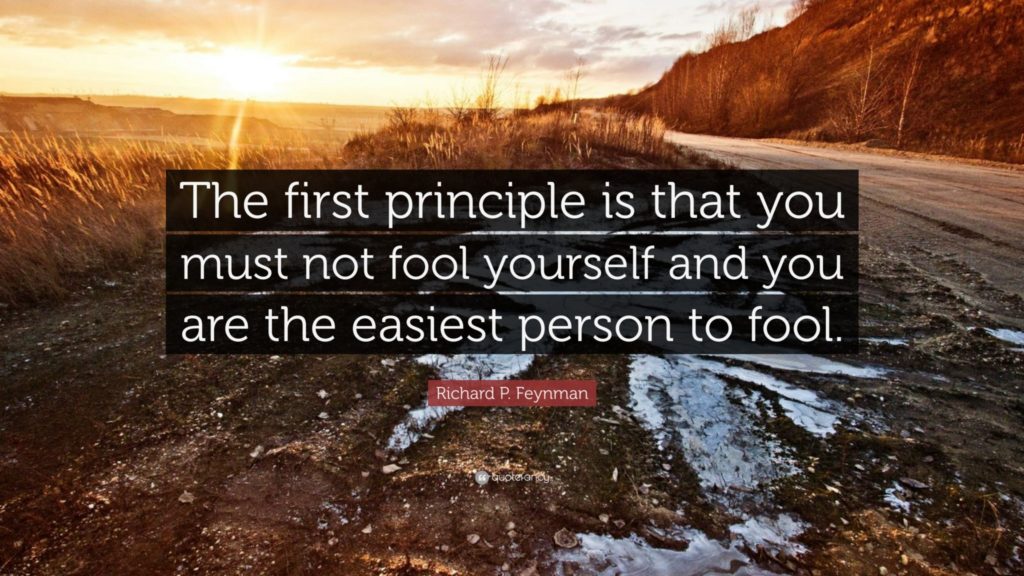One of my favorite movies of all time, Animal House, opens with the camera zooming in on a nondescript statue of Emil Faber, the founder of the college where the movie takes place. Inscribed on the statue is a spectacularly banal quote from Faber: Knowledge is good.
The quote is an obvious parody of real-life college founders, who all felt compelled to have an inspiring motto attached to their name. Setting the mockery aside, Faber is undoubtedly correct, and at least in my case, preaching to the choir: I just lugged a suitcase filled with nothing but knowledge in the form of books halfway across the world.
But for this post, I want to put on my contrarian hat and highlight a downside of knowledge. The same qualities that make knowledge a virtue can also turn it into a vice. Knowledge shapes. Knowledge informs. It creates frameworks, labels, categories, and lenses through which we view the world. It acts as a haze, an Instagram filter, and a poetic structure under which we live our lives (think Haiku and the 5-7-5 rule).
But, if we’re not careful, these filters can distort our vision. The structures knowledge generates can constrain us, because what we know shapes what we do next. We begin repeating the same bits of data, the overworn soundbites, and operating on autopilot without questioning our assumptions. An expert, as Frank Lloyd Wright put it, “is a man who has stopped thinking because ‘he knows.’”
In business, we rely on surveys and focus groups to “innovate,” but the knowledge we gather is inevitably backward looking. We stare at the rear-view mirror and do what we did yesterday, with only minor deviations from the status quo. Ten years ago, if you ran a cab company, you would have assumed, based on your past knowledge, that the primary threat to your livelihood would be another cab company. The past would drown out the future, as Lyft and Uber would move into town and blow the competition away.
Over time, we become a hammer, and every problem looks like a nail. This issue is prevalent in academia, where I spend much of my time as a law professor. Tenure standards incentivize specialization, so professors end up knowing too much about too narrow of a topic.
Sometimes, we need to be freed from the shackles of knowledge to achieve breakthroughs. What does that mean in practice? Here are a few thoughts.
Expertise is certainly valuable but experts shouldn’t work in isolation. Amateurs, being outsiders to the field, aren’t constrained by existing categories of knowledge (which, in their case, is nonexistent). It was a 16-year-old who posed a deceptively simple question–What would happen if I chased after a beam of light?–that culminated in the special theory of relativity. When Einstein eventually published his paper on special relativity, he was a Swiss patent clerk and an outsider to the physics establishment that his theory upended (His paper on special relativity cited the names of only a handful of scientists and contained no citations to existing works—a highly unconventional move by prevailing academic standards.).
It was an outsider from Silicon Valley with an audacious mission of colonizing Mars that disrupted the aerospace industry. It was a question by a three-year-old—Dad, why can’t we see the photos right away?— that led her father to develop the technology for in-camera instant photography for Polaroid. It’s the seemingly “dumb” questions I get from my students who jolt me out of my specialized academic trance and alert me to new ways of looking at old ideas.
Life, it turns out, doesn’t happen in compartmentalized silos. This is why it’s important to surround ourselves by people from different professions, backgrounds, and interests. Run your ideas by them and see what they think. Ask them for their secrets and the most exciting thing they’re working on. When you move beyond the weather and other small-talk platitudes, you’ll equip your subconscious to begin cross-pollinating ideas from different disciplines.
We also need to train our questioning muscles. Often, we’re reluctant to question knowledge because it complicates matters. It’s more comforting to put our mouths on the spigot of knowledge from an online course or a self-help book (which, let’s be honest, we’ll never finish). We also fail to question when we’re afraid of the answers, for the same reason that people are reluctant to go to the doctor’s office when they fear the diagnosis.
But the ability to question knowledge is often more important than the ability to receive it. Question the status quo, the advertising messages thrown at you, the confident political claims. Why does it have to be this way? What if this expert is wrong? What’s the counter-argument? What if the “industry best practice” wasn’t the best practice? As that daydreaming Swiss patent clerk put it, “only daring speculation can lead us further and not accumulation of facts.”
Emil Faber was right. Knowledge is good. But knowledge should inform, not constrain. It’s only through the evolution of our existing knowledge, not its blind acceptance, that the future comes into focus.


